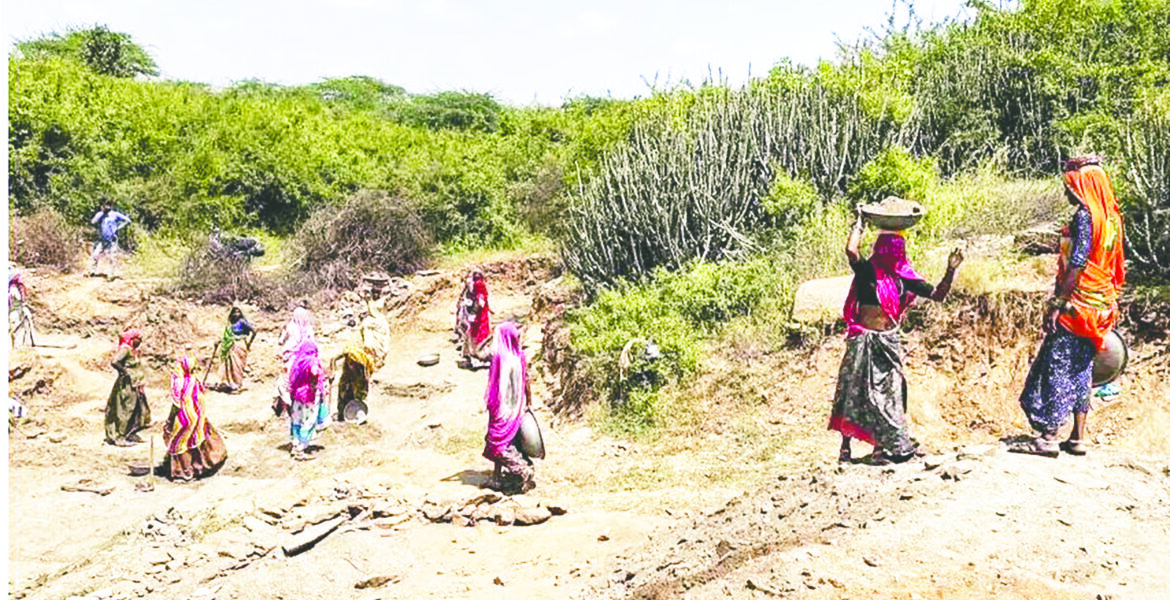A report compiled by Human Rights Watch (HRW) and the Internet Freedom Foundation exposes the negative effects of internet shutdowns on India’s marginalized communities. Access to the internet is essential not only for freedom of expression and association, but also for the realization of economic and social rights, according to the report.
The report details the effects of Indian government internet shutdowns, citing the instance of Jammu and Kashmir, where a total communication blackout was imposed in August 2019. The shutdown, which prolonged over 500 days, had a significant impact on the daily lives of Kashmiris and restricted their access to essential services and resources.
India has instituted more internet shutdowns than any other nation since 2018, with 84 shutdowns out of a total of 187 worldwide in 2022 alone. The government justifies these closures as a way to prevent violence and preserve public order. HRW and the Internet Freedom Foundation contend that these shutdowns frequently contravene the right to peaceful assembly and are disproportionate.
Internet shutdowns have a disproportionate impact on marginalized populations, which depend heavily on government programs and social protection systems. For example, the Mahatma Gandhi National Rural Employment Guarantee Act (NREGA), which provides income security for more than 100 million rural households, requires internet access for attendance verification and wage payment. NREGA employees are deprived of access to vital benefits and their livelihoods are disrupted during shutdowns.
In addition, the report describes how internet outages affect the National Food Security Act, which provides eligible individuals with subsidized food cereals. Internet connectivity is required for biometric authentication prior to the distribution of food rations, and outages prevent individuals from gaining access to their allotted rations.
Additionally, the report highlights the negative implications for government welfare programs and e-governance initiatives that seek to improve public service delivery. Access to essential services, such as banking, utility bill payments, and procuring official documents through common service centers, is disrupted during shutdowns.
HRW and the Internet Freedom Foundation urge the central and state governments of India to cease implementing broad, indiscriminate shutdowns and instead uphold their commitments to provide all citizens with an open, free, and secure internet. They emphasize the significance of ensuring that internet access restrictions do not compromise the rights and privileges of marginalized communities.
The report emphasizes the need to reform India’s current legal framework regulating internet shutdowns, which lacks adequate safeguards and oversight mechanisms. HRW and the Internet Freedom Foundation advocate establishing clearer definitions of public emergency and public safety, enhancing accountability via judicial and parliamentary supervision, and aligning suspension rules with international human rights standards.
Internet shutdowns have profound effects on social and economic inequality in India, exacerbating poverty and impeding marginalized communities’ access to essential services. HRW and the Internet Freedom Foundation stress the urgent need for comprehensive action to safeguard the rights and well-being of vulnerable populations and guarantee equitable internet access. -HRW

